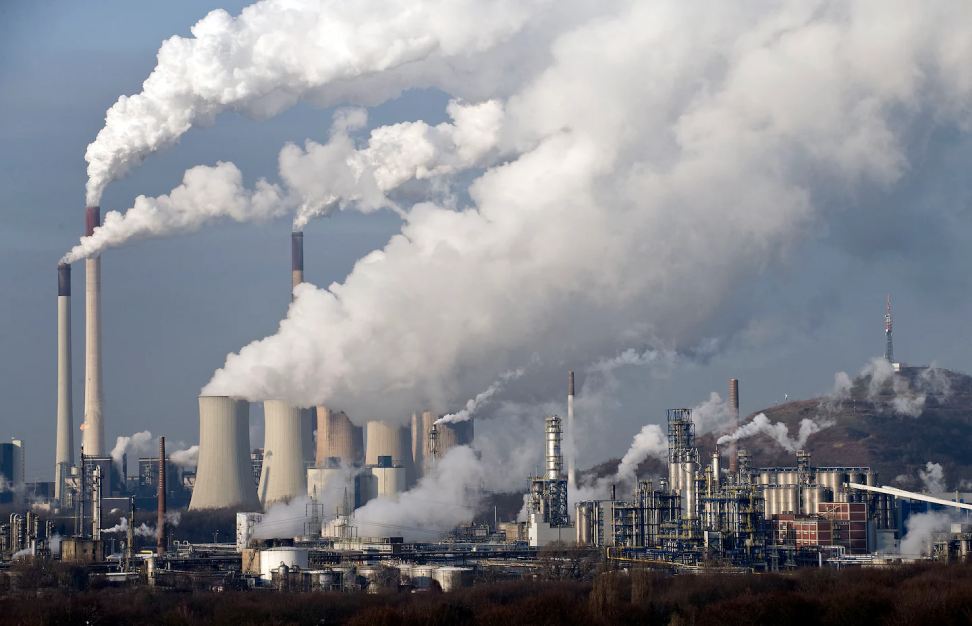Peterexch, Dhoombet, Go999exch: Fossil fuels are natural resources formed from the remains of ancient plants and animals. These energy sources, including coal, oil, and natural gas, have been vital to human civilization’s industrial and economic development for centuries. The extraction and combustion of fossil fuels release energy that powers various sectors such as transportation, electricity generation, and manufacturing industries.
Despite their widespread use, fossil fuels have come under scrutiny due to their significant impact on the environment. The burning of fossil fuels releases greenhouse gases into the atmosphere, contributing to global warming and climate change. Additionally, the extraction of these resources can lead to environmental degradation, including deforestation, habitat destruction, and water pollution. As concerns grow over the environmental consequences of continued fossil fuel consumption, there is a growing push towards transitioning to cleaner and more sustainable energy sources.
� Fossil fuels are natural resources formed from ancient plants and animals
� Energy sources include coal, oil, and natural gas
� Vital for industrial and economic development
� Powers transportation, electricity generation, and manufacturing industries
Despite their benefits, fossil fuels have drawbacks:
� Release greenhouse gases contributing to global warming
� Extraction can lead to environmental degradation
– Deforestation
– Habitat destruction
– Water pollution
Transitioning to cleaner energy sources is becoming more important:
– Growing push towards sustainability
– Need for alternative energy solutions
– Addressing environmental concerns
Impact of Fossil Fuels on the Environment
The combustion of fossil fuels, such as coal, oil, and natural gas, releases large amounts of greenhouse gases into the atmosphere. These gases, including carbon dioxide and methane, trap heat in the Earth’s atmosphere, leading to global warming and climate change. As a result, we are experiencing more frequent and severe weather events, rising sea levels, and disruptions to ecosystems worldwide. The environmental impact of fossil fuels is undeniable and calls for a shift towards more sustainable energy sources.
Moreover, the extraction and transportation of fossil fuels pose significant risks to the environment. Oil spills, like the infamous Deepwater Horizon incident in the Gulf of Mexico, have devastating consequences on marine life and coastal habitats. Deforestation, a common practice for mining coal and drilling for oil, further contributes to habitat loss and biodiversity decline. The environmental degradation caused by fossil fuel activities highlights the urgent need to prioritize renewable energy solutions for a cleaner and greener future.
Renewable Energy Sources
Fun999exch, Goldbet7, Exch247: Solar energy is one of the most abundant sources of renewable energy available to us. By harnessing the power of sunlight through photovoltaic cells, we can generate electricity that is both sustainable and environmentally friendly. Solar panels can be installed on rooftops or in large solar farms to capture the sun’s rays and convert them into usable energy for homes, businesses, and communities.
Another promising renewable energy source is wind power. Wind turbines are used to convert the kinetic energy of the wind into electricity. As the blades of the turbine turn, they spin a generator to produce power. Wind farms are often located in areas with consistent wind patterns, such as coastal regions or open plains. By harnessing the power of the wind, we can reduce our reliance on fossil fuels and decrease greenhouse gas emissions.
What are fossil fuels?
Fossil fuels are natural resources such as coal, oil, and natural gas that are formed from the remains of ancient plants and animals.
How do fossil fuels impact the environment?
Fossil fuels contribute to air and water pollution, as well as greenhouse gas emissions that are a major factor in climate change.
What are renewable energy sources?
Renewable energy sources are sources of energy that are replenished naturally and can be used indefinitely. Examples include solar, wind, hydroelectric, and geothermal energy.
Why are renewable energy sources important?
Renewable energy sources are important because they are sustainable, reduce reliance on fossil fuels, and have a lower environmental impact.
How can individuals contribute to the use of renewable energy sources?
Individuals can contribute to the use of renewable energy sources by investing in solar panels for their homes, using energy-efficient appliances, and supporting policies that promote renewable energy development.

